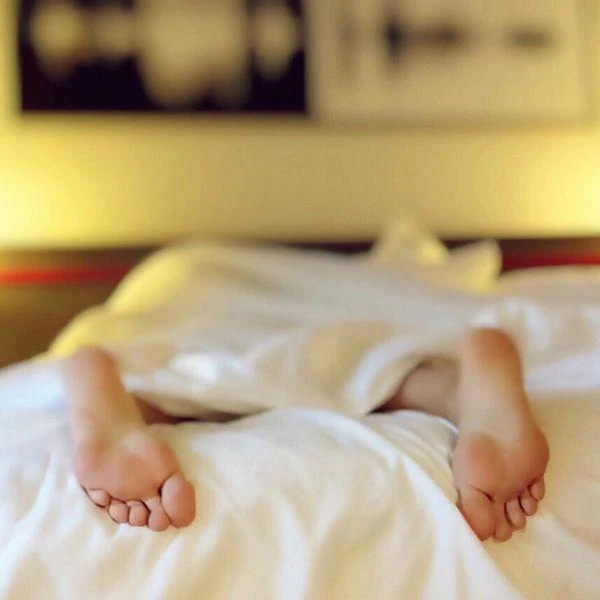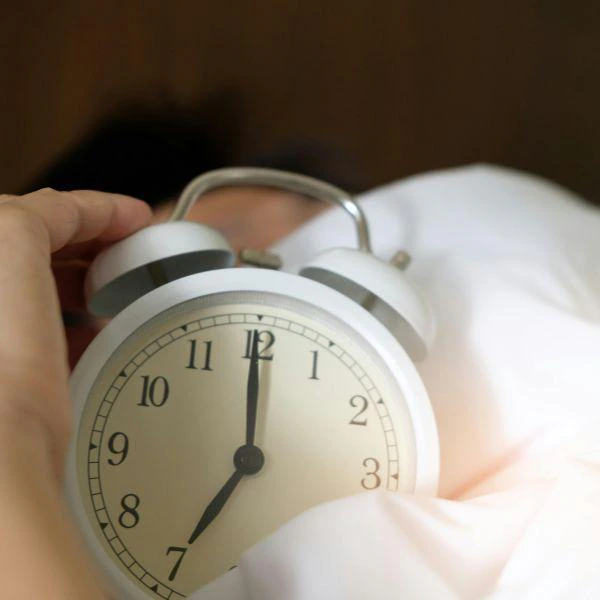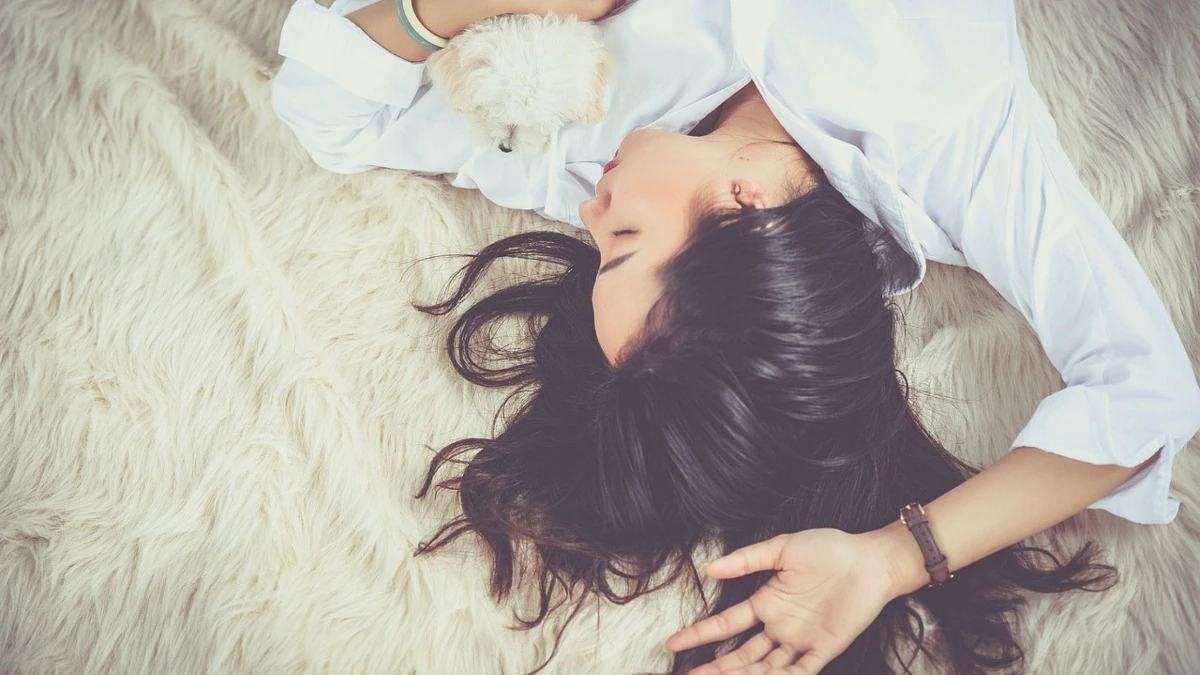Getting quality sleep is essential for overall health. Many people struggle with falling and staying asleep. One popular method that claims to improve sleep is the 10-3-2-1 rule. But does it really work? Let’s break it down.
The rule is simple:
- 10 hours before bed – No caffeine
- 3 hours before bed – No food or alcohol
- 2 hours before bed – No work
- 1 hour before bed – No screens
Each step is designed to help the body and mind prepare for sleep. Let’s explore how effective these guidelines really are.
You May Also Like: Cozy and Stylish Sweater Dresses You Need in Your Wardrobe This Season
10 Hours Before Bed – No Caffeine
Caffeine is a stimulant that can stay in your system for hours. Studies show that consuming caffeine even six hours before bedtime can reduce sleep quality. Cutting it off 10 hours before bed ensures your body has enough time to clear it out. For sensitive individuals, this rule can be especially beneficial.

3 Hours Before Bed – No Food or Alcohol
Eating too close to bedtime can lead to acid reflux and indigestion, making it harder to sleep. Heavy meals can also raise body temperature, which disrupts the natural sleep process.
Alcohol, on the other hand, may help you fall asleep faster but reduces sleep quality. It interferes with REM sleep, leading to frequent wake-ups and less restful sleep. Avoiding both three hours before bed can help maintain deep, uninterrupted sleep.
2 Hours Before Bed – No Work
Working late into the night keeps the brain active and alert. Stress from emails, meetings, or deadlines increases cortisol levels, which can delay sleep. Giving yourself at least two hours to unwind before bed helps the mind transition into relaxation mode.
1 Hour Before Bed – No Screens
Screen exposure, especially from phones, tablets, and TVs, suppresses melatonin production. Melatonin is the hormone responsible for making you feel sleepy. The blue light from screens tricks the brain into thinking it’s still daytime, making it harder to fall asleep. Avoiding screens one hour before bed allows melatonin levels to rise naturally, promoting better sleep.

Does the 10-3-2-1 Rule Really Work?
For many, this rule can significantly improve sleep quality. It aligns with scientifically proven sleep hygiene practices. However, individual results may vary. Some people may still need additional adjustments, such as a consistent bedtime routine, a dark room, or stress management techniques.
The 10-3-2-1 rule is a great starting point for better sleep. If you struggle with sleep issues, try following these steps consistently. Over time, you may notice improved sleep quality, better focus, and increased energy levels.











[…] You May Also Like: Is the 10-3-2-1 Rule Really Effective for Quality Sleep? […]